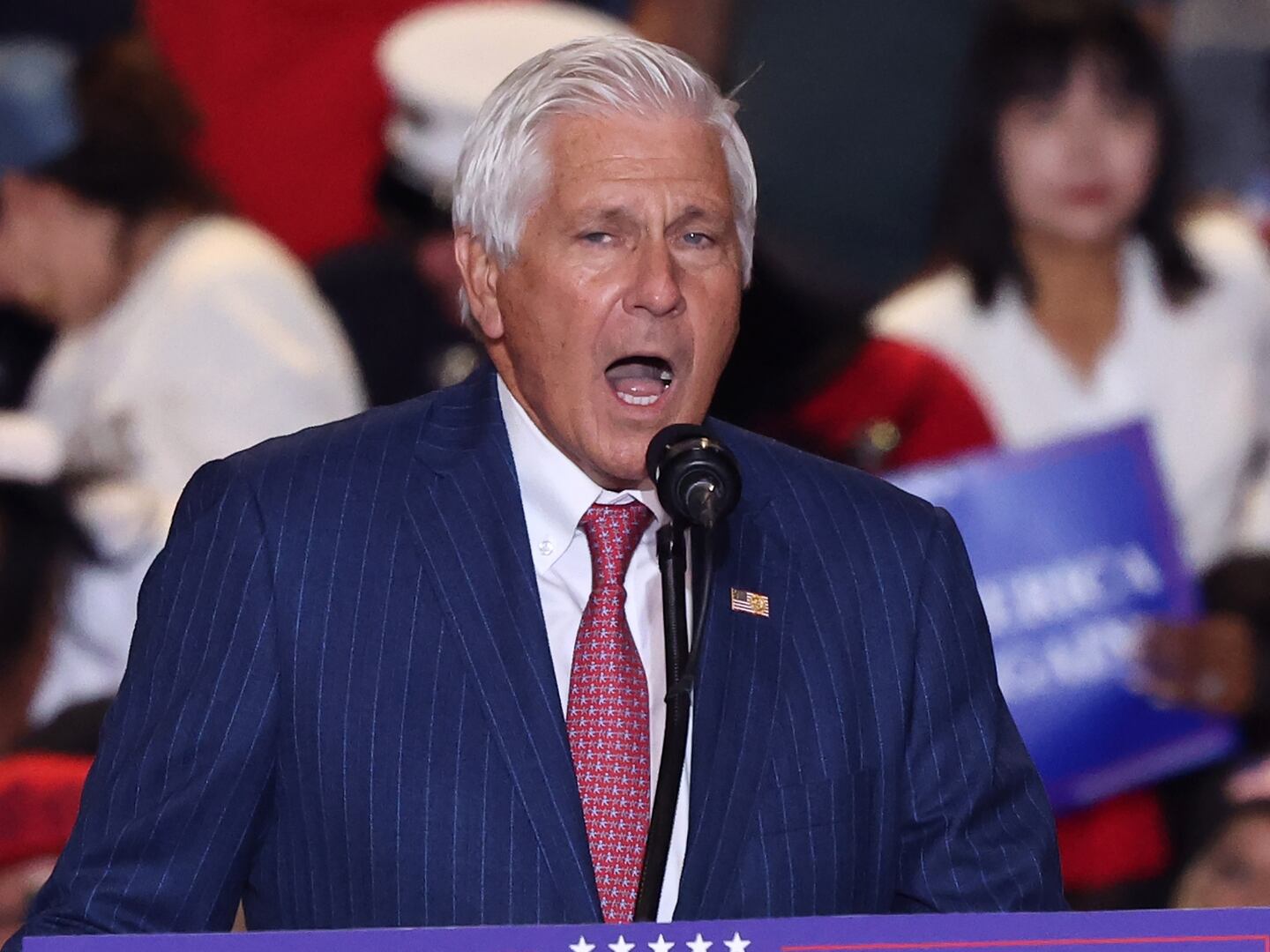Entertainment
David Becker/Getty
Autism, Breast Cancer, and the Changing Miss America Pageant
MISS AMERICA
A handful of inspiring contestants brought renewed interest to the 92-year-old competition, which is struggling to reclaim relevance. By Kevin Fallon

Trending Now





